 The first sentence of your story is the most important you will write. It will determine whether the reader (or publisher) decides to keep reading or toss your book aside.
The first sentence of your story is the most important you will write. It will determine whether the reader (or publisher) decides to keep reading or toss your book aside.
Think of it this way: when you meet someone new you decide from your first impression whether or not you like the person and are interested in continuing a conversation. (Or if that Hitler stache is just too creeptastic and you want to hightail it out of there first chance you get).
The first sentence is your story’s first impression to a reader. So you need to make it brilliant.
The first thing I do when I pick up a book at the store is read the opening line. If it catches my interest, I’ll examine the book further, maybe even buy it. If not, it goes back on the shelf. So how do you keep a reader from putting your book back on the shelf?
Let’s look at some examples of opening lines. On a scrap of paper, jot down which numbers make you want to read the rest of the story.
- “I’ve been locked up for 264 days.”
- “The songs of the dead are the lamentations of the living.”
- “She killed him in the darkest part of the night, before the dew had settled on the grass.”
- “Around midnight, her eyes at last took shape.”
- “Blue Sargent had forgotten how many times she’d been told that she would kill her true love.”
- “Laurel’s shoes flipped a cheerful rhythm that defied her dark mood.”
- “I remember lying in the snow, a small red spot of warm going cold, surrounded by wolves.”
- “Chauncey was with a farmer’s daughter on the grassy banks of the Loire River when the storm rolled in, and having let his gelding wander in the meadow, was left to his own two feet to carry him back to the chateau.”
- “After a year of slavery in the Salt Mines of Endovier, Celaena Sardothien was accustomed to being escorted everywhere in shackles and at sword-point.”
- ““Four-ball, side pocket.” Aislinn pushed the cue forward with a short, quick thrust; the ball dropped into the pocket with a satisfying click.”
Which of these books would you like to read? Which opening lines arouse your curiosity and make you want to know what happens next?
The odd-numbers are examples of excellent opening lines; the even-numbers are examples of weak opening lines. I’m willing to bet the odd-numbered examples were the ones that made you want to read the rest of the story.
And guess which books are on my bookshelf? That’s right–the odd-numbers. They aroused my interest enough to make me want to buy the book, which is exactly what you want as a writer.
So what makes the good lines good?
- They arouse curiosity: Why is she locked up? Why did she kill him? Why would she kill her true love? Why is she surrounded by wolves? How did she become a slave?
- They present conflict: Will she escape prison? Will she get away with killing him? Will she really kill her true love? Will she be killed by the wolves? Will she escape slavery?
- They start near the action—things are happening or about to happen. There is the feeling of forward momentum from the combination of curiosity and conflict. You want to plunge your reader into the heart of the story as quickly as possible—start in the middle of the action.
What makes the weak lines weak?
- They don’t arouse curiosity or present conflict.
- #2 tries to be profound but just ends up being confusing.
- #8 is description, which slows down the story before it even starts.
- The problem with opening with dialogue as in #10 is it’s somewhat jarring–we haven’t been introduced to the characters yet and we don’t know who’s speaking.
In case you’re curious, here are the books whose opening lines were used in the example: 1. Shatter Me by Tahereh Mafi 2. Eldest by Christopher Paolini 3. Claire de Lune by Christine Johnson 4. Fallen by Lauren Kate 5. The Raven Boys by Maggie Steifvater 6. Wings by Aprilynne Pike 7. Shiver by Maggie Steifvater 8. Hush, Hush by Becca Fitzpatrick 9. Throne of Glass by Sarah J. Maas 10. Wicked Lovely by Marissa Marr
The purpose of your opening line is to hook the reader by arousing curiosity and/or presenting conflict and action. Give your reader a reason to keep turning those pages! Are you up to the challenge?










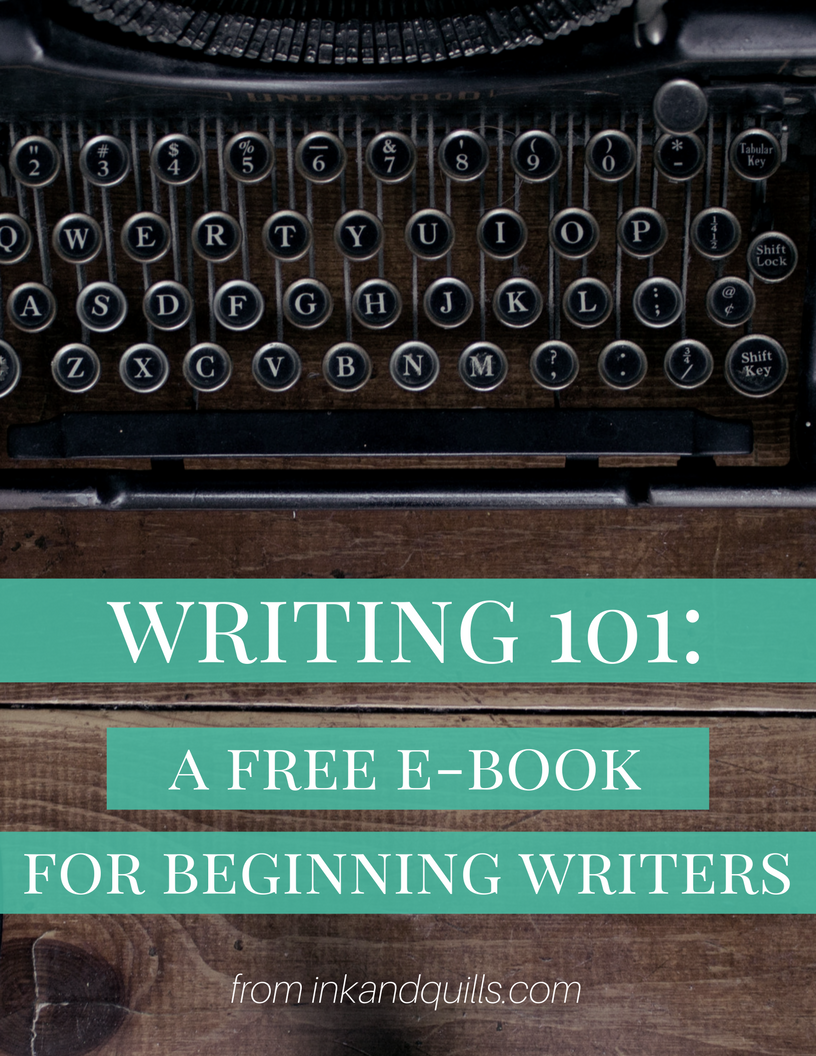

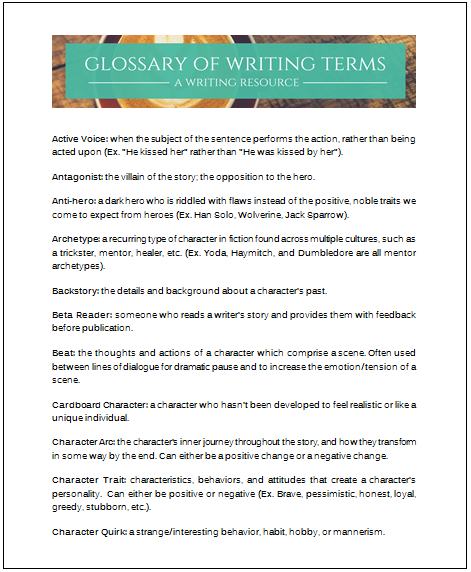

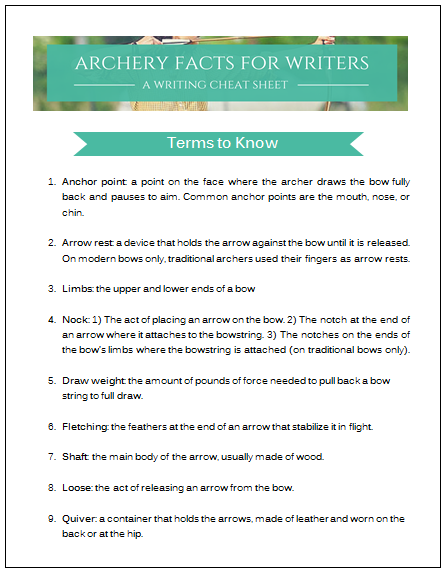



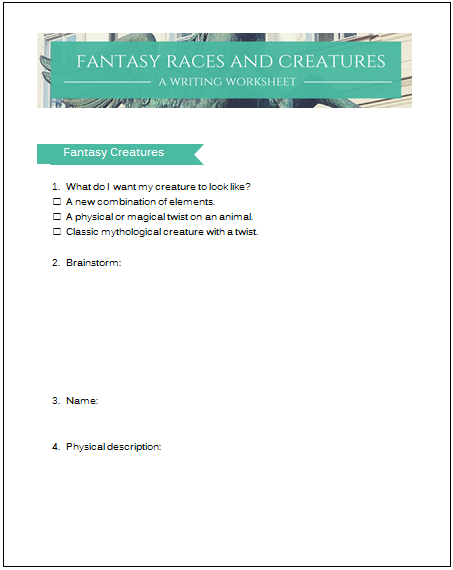


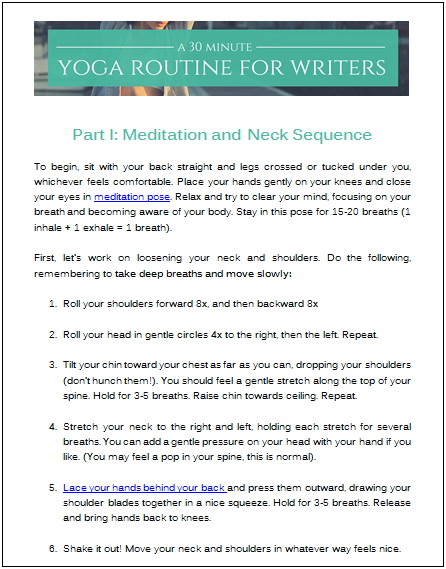
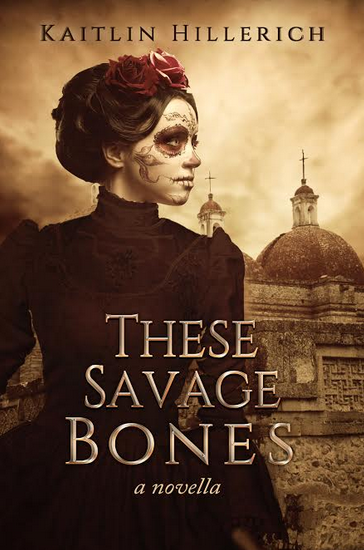
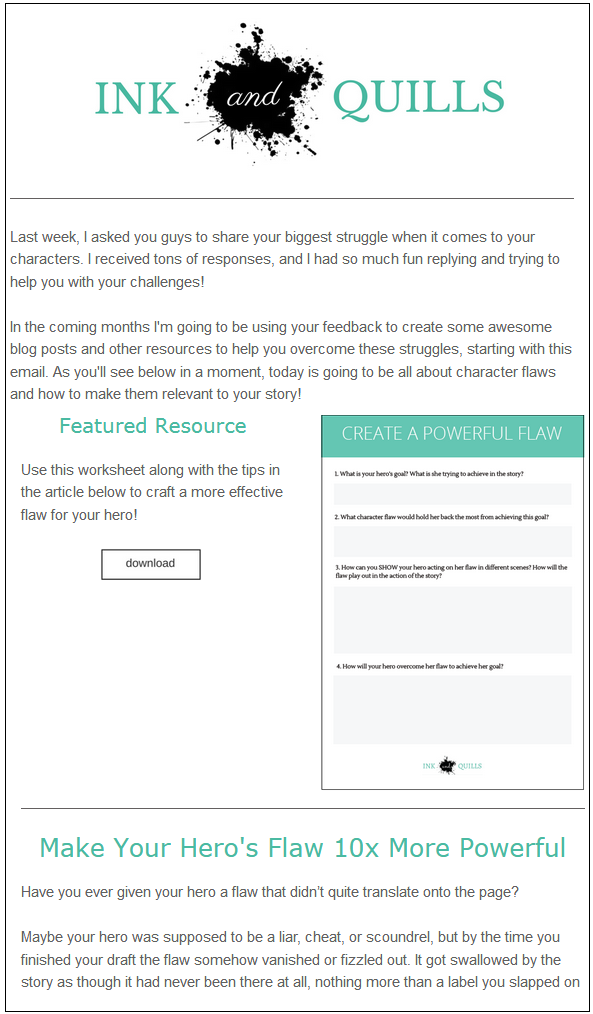
“Clydesdale”?
Honestly, I’d prefer ‘gargantuan horse’ because I never heard that noun before. I took it for a name for a second since you capitalized the first letter. When you replace adjectives with nouns or one word that says exactly what many adjectives would say you should definitely pay attention to use words that aren’t so exotic that people have to pick them out of a dictionary. 🙂
I didn’t think Clydesdale was exotic, but then again I am a horse person. It was just a quick example, but of course if a writer was introducing a new term to a reader in a story they would give more clues in the text so the reader could figure out the meaning without having to grab a dictionary. I agree– you don’t want to make your reader run to a dictionary.
Also, you accidentally commented on the wrong post 😉
ok how would you make a opening line on the idea of post modernism